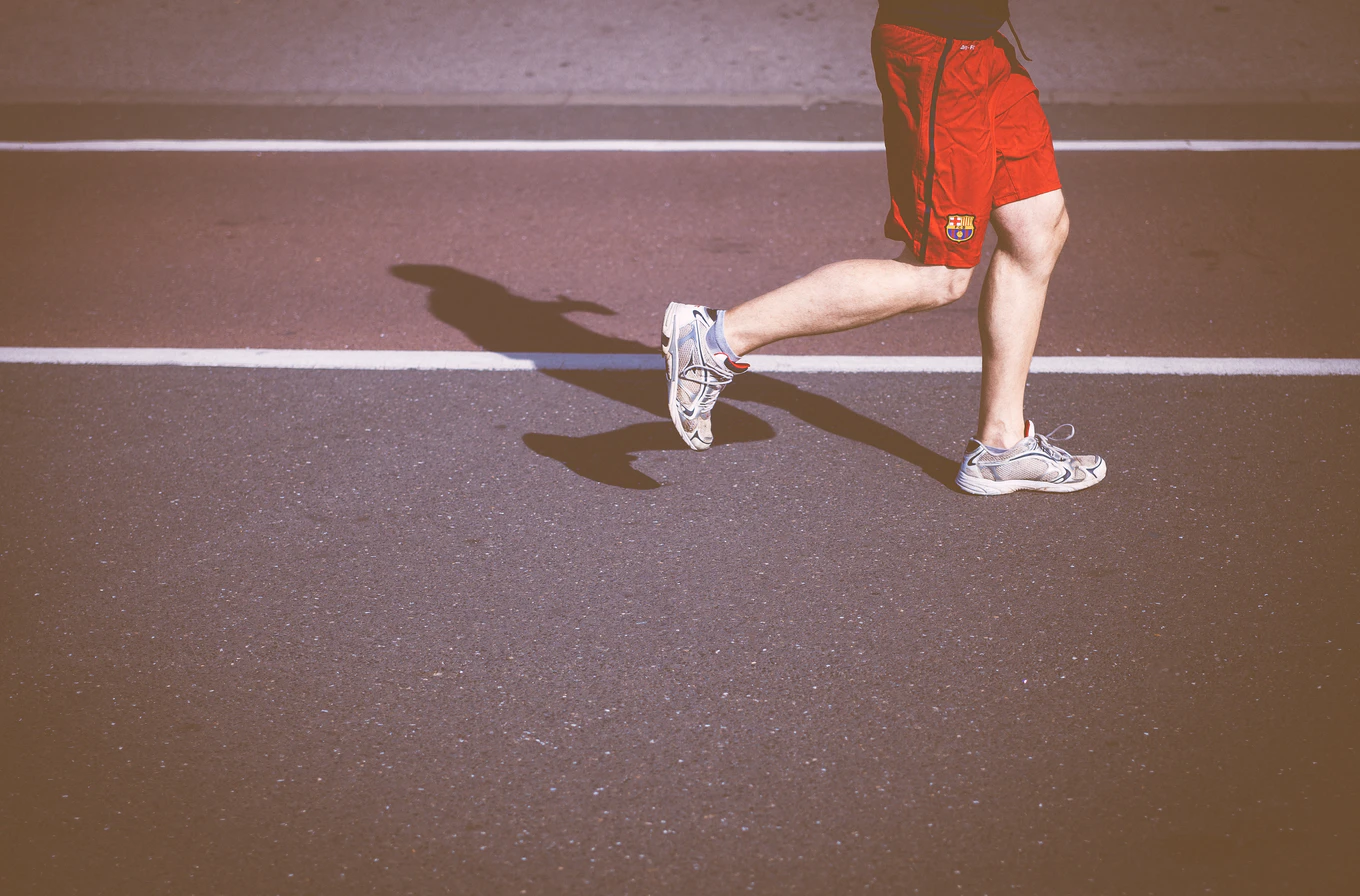While some New Zealanders are happy to continue staying in Alert Level 4 isolation, others are eagerly anticipating new freedoms once the country moves to Alert Level 3 next week.
From the return of takeaways, to the allowance of some outdoor pursuits, Alert Level 3 offers some relaxation of the lockdown restrictions.
The SMC asked experts to comment on possible lifestyle changes at Alert Level 3.
Associate Professor Elaine Hargreaves, School of Physical Education, Sport and Exercise Sciences, University of Otago, comments:
“For some people, moving from Level 4 to Level 3 will lead to another change in daily routine and force a rethink of how physical activity can be fitted into their day.
“We recently ran a study investigating how physical activity levels changed during Level 4. Preliminary results suggest that 38.5% of our sample are doing more physical activity then they did prior to lockdown, and 25.5% are doing about the same. These groups said that being active was important for their physical and psychological well-being, and they had more time available during lockdown to be active.
“These results are encouraging because recognising the importance, and valuing the benefits, of being active is a strong motivational force that keeps people participating in physical activity. This could be helpful when negotiating any further disruptions to daily routines, and potential reductions in time availability, as we transition into Level 3 and beyond.
“However, we also found that 36% of our sample are less active during lockdown than they were previously, with many commenting that this was due to their preferred exercise being unavailable due to the lockdown and others feeling a lack of motivation.
“Unfortunately, these commonly reported barriers may not be easily overcome with the move to Level 3, with the availability of indoor exercise facilities and outdoor recreation areas still largely out of bounds. This may be the time for people to embrace other forms of physical activity that they may find are surprisingly enjoyable for different reasons than their normal preferred activities.”
No conflict of interest.
Dr Caryn Zinn, Senior Lecturer and Dietician, Auckland University of Technology, comments:
“Moving to Level 3 means takeaway shops will be open. While I’m all for reopening business, I worry that it will be a takeaway-fest, especially for those who can least afford it, both financially and health-wise.
“There is no better time for people to look after their health than right now. We know that those with pre-existing conditions like type 2 diabetes and excess body fat are worse off when they get exposed to COVID-19. A strong immune system and an attempt at good management of chronic conditions is important.
“I strongly encourage people to eat mostly whole foods, foods that are minimally processed, like meats, eggs, nuts and seeds, dairy products fruit and vegetables, and foods with minimal added sugar. While the odd treat and takeaway fix is fine, it’s the habits in place most of the time that makes the most difference to health.
“Time saved from sitting in traffic should be used to move more, whether it’s brisk walking, or simple push-ups in your living room – doing something every day is important. With some diligence and effort, people can come out of lockdown in better physical health than before”.
No conflict of interest.
Emeritus Professor Elaine Rush, Professor of Nutrition, Auckland University of Technology, comments:
“The most important resource that New Zealand has is people. This time of rahui has been a time to reflect on priorities. We have valued our times outside. For many, physical activity is more regular and enjoyed. Food and cooking at home has been a focus. This is positive, but of course there is more stress and loss of income for many. At the start of lockdown, at least four out of ten Kiwi families were experiencing food insecurity, without access or the money, time and skills to get the food that they need. There will be many more now.
“We all should have everyday rights to a diverse range of wholesome food, drinkable water, to be able to move physically and interact with others. It is perfectly fine to enjoy takeaway foods, but continue to enjoy the pleasure of ‘bubble’ food prepared and shared at home if you can.
“The move from Level 4 to Level 3 will bring more freedom, but also more responsibility and social trust that common sense will prevail. Some can have the privilege of going for a swim, a day tramp, fish from the shore or buy takeaways – but we must still remember to stay at least 2m away from people not in our bubble.”
No conflict of interest.
Associate Professor Leah Watkins, Department of Marketing, University of Otago, comments:
Full comments available on Sciblogs here.
“The enforced lockdown may draw consumer’s attention to their discretionary spending on eating out, and has given them an opportunity to develop their interest and skills in home-prepared food.
“Overall, we expect to see consumers re-evaluate their priorities and spending, focusing more on certain entertainment and hospitality experiences, local products and services, more spending on their homes (DIY and self-sufficiency), and on home-based leisure/fitness. The expectation for businesses to act responsibly, contribute to the public good and consider consumers’ and employees’ wellbeing is likely to increase, as are deliberate decisions to support those businesses that do.
“In the immediate term, the move to Level 3 and the opening up of online shopping may see a spike in spending as consumers regain access to consumption goods that have been limited. Whether this will continue as priorities are re-assessed, is a matter of considerable interest.”
No conflict of interest.
